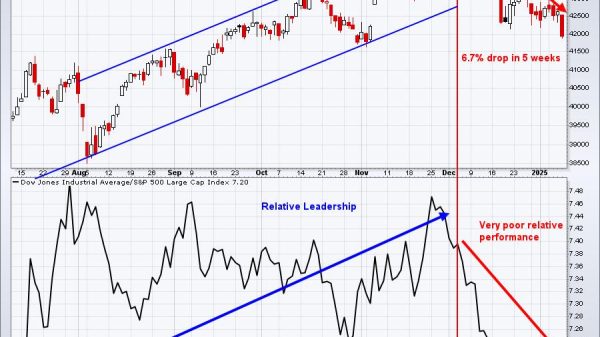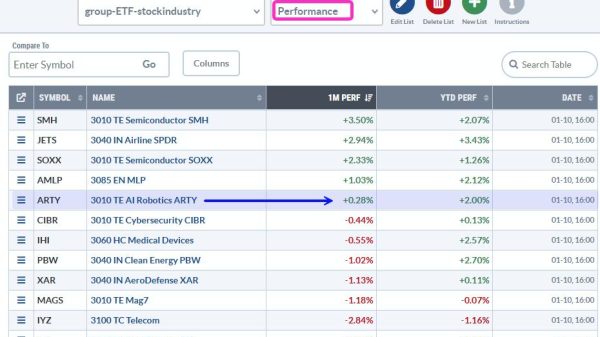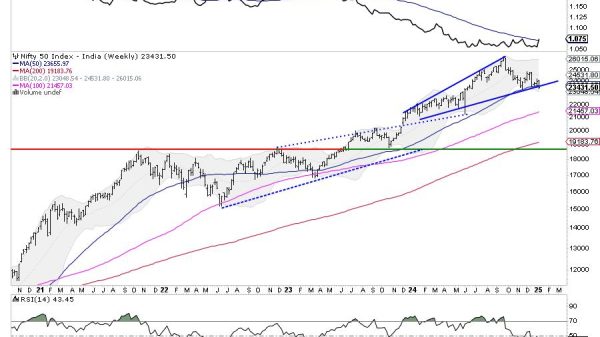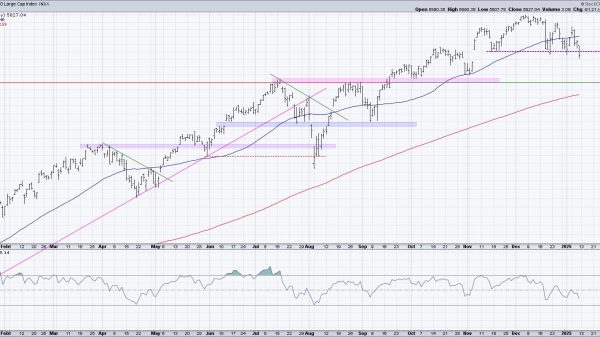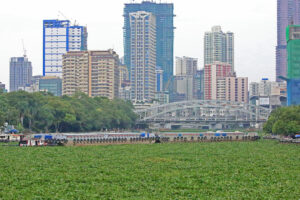LONDON — Fishing grounds choked by water hyacinths. Songbird eggs gobbled up by rats. Power plant pipes clogged by zebra mussels. And electrical lines downed by brown tree snakes.
These are just a few examples of the environmental chaos sown by invasive species, whose spread around the world has seen economic damages quadruple every decade since 1970, scientists said on Monday.
The team of 86 researchers from 49 countries released a four-year assessment of the global impacts of some 3,500 harmful invasive species, finding that economic costs now total at least $423 billion every year, with the alien invaders playing a key role in 60% of recorded plant and animal extinctions.
“We also know this is a problem that is going to get much, much worse,” said ecologist Helen Roy, co-chair of the United Nations (UN) Intergovernmental Science-Policy Platform on Biodiversity and Ecosystem Services (IPBES)report.
Warmer temperatures under climate change are expected to further drive the expansion of invasive species.
Invasive species are plants or animals, often moved around by human activity, that take hold in an environment with deleterious effects. These range from outcompeting native wildlife, damaging infrastructure, and threatening human health and livelihoods.
Impacts are often slow to materialize, but can be catastrophic when they do.
The deadly wildfires in Hawaii last month were driven by flammable invasive grasses, scientists said, brought over from Africa as livestock pasture.
Invasive mosquito species, too, can spread diseases such as dengue, malaria, Zika, and West Nile.
“Invasive species are affecting not only nature but also people and causing terrible loss of life,” said report co-chair Anibal Pauchard of Chile’s Institute of Ecology and Biodiversity.
ERADICATING INVADERS
About three-quarters of the negative impacts from invasive species occur on land, especially in forests, woodlands, and farmed areas.
While invasives can come in many forms, including microbes, invertebrates and plants, animals often have the greatest environmental impact, Ms. Roy said, particularly predators.
On islands, many species have evolved without predators and are therefore “very naive,” said Pauchard, with few defenses. “Birds in New Zealand had no experience with rats until humans came and brought rats. Their nests are at ground level.”
Getting rid of invasive species once they are established, however, is difficult.
Some small islands have seen success in eradicating invasive rats and rabbits with trapping and poisonings. But larger populations that are quick to reproduce can be tricky. And invasive plants often leave their seeds lying dormant in the soil for years.
Prevention measures through border biosecurity and import controls, scientists said, are most effective.
Last December, the world’s governments committed in the Kunming-Montreal Global Biodiversity Framework to reducing the introduction and establishment of priority invasive species by at least 50 percent by 2030. — Reuters











